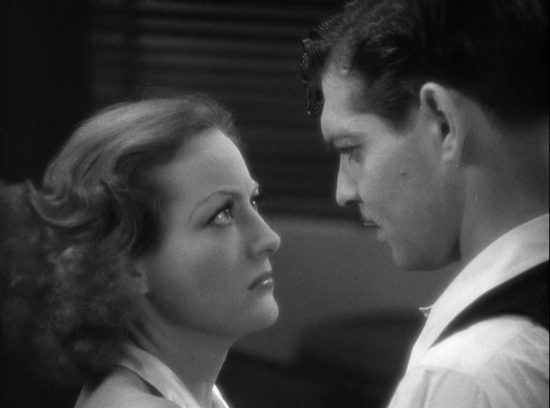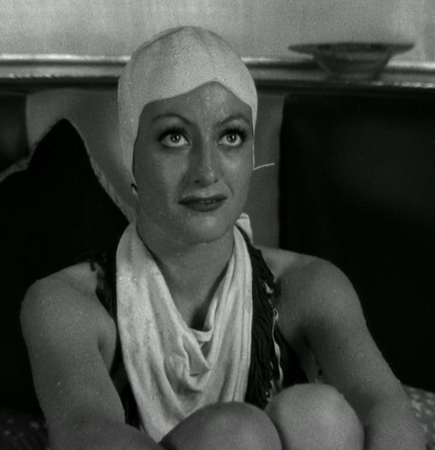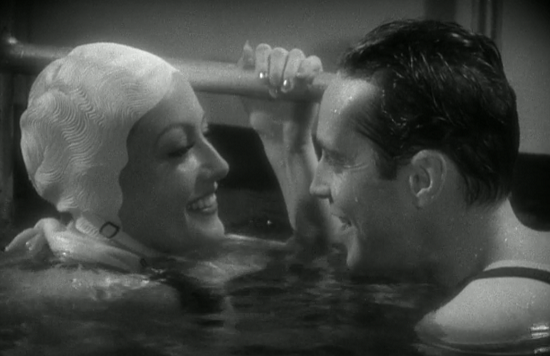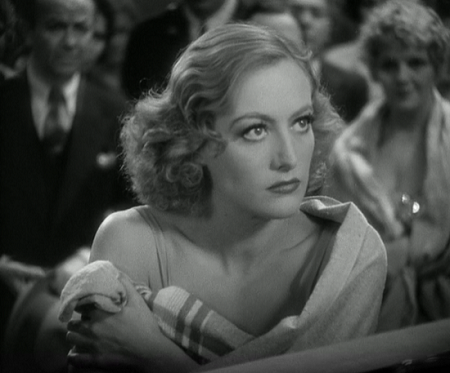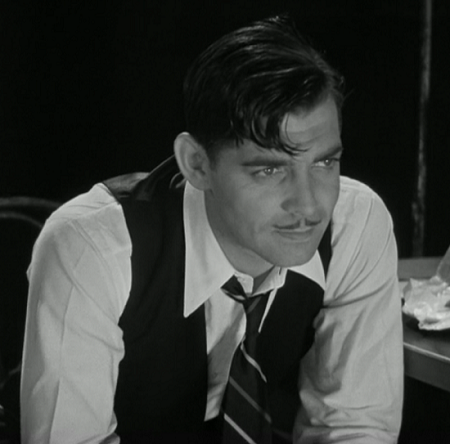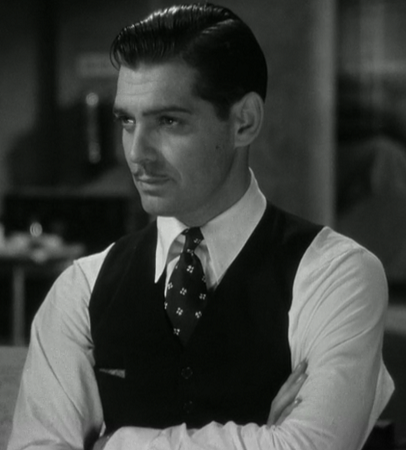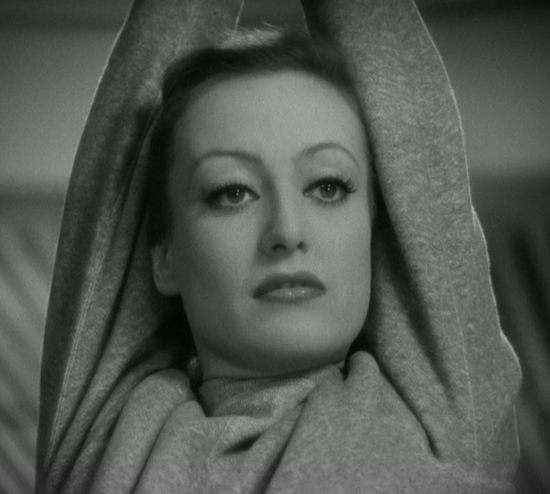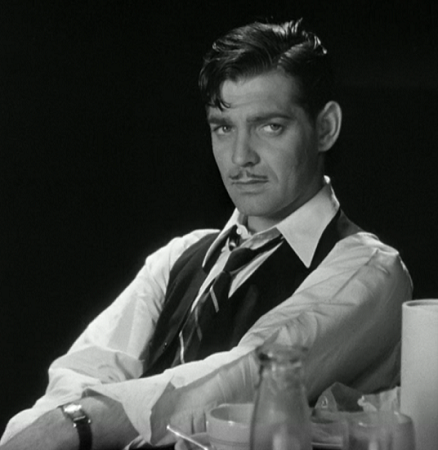When Funny People Die: Jean Harlow
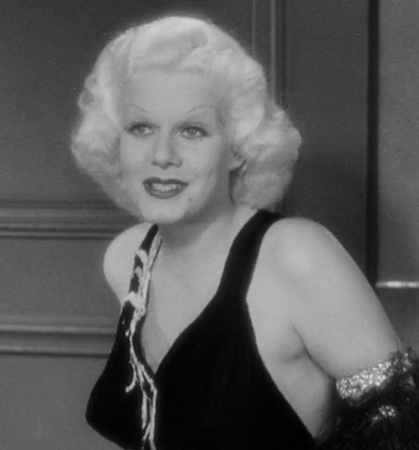
I’ve been thinking about how hard it is to grieve the loss of a funny person. The grim process of American funerals—the still church/mortuary, the solemn rituals, and the steady tears—can feel inappropriate when mourning the loss of someone who enjoyed breaking conventions, who made you bend over laughing when you were supposed to be acting with decorum.
I attended two parties recently to celebrate the lives of such funny individuals, complete with amusing anecdotes and the shared company of those who’d loved them. These memorials felt so fitting, so much better than typical funerals for such amusing personalities, that I returned to my home thinking of other lost comedians and comediennes, especially those whose lives are so often described with the “funny but died tragically” designation. And it struck me that Jean Harlow was someone who deserved the kind of festive send-off I’d just attended, a woman who relished breaking the rules of others on and off screen (especially prim others) in such a breathtakingly funny way. So I watched The Girl from Missouri (1934), the lesser known of two entertaining gold digger tributes originally penned by Anita Loos, to celebrate her.
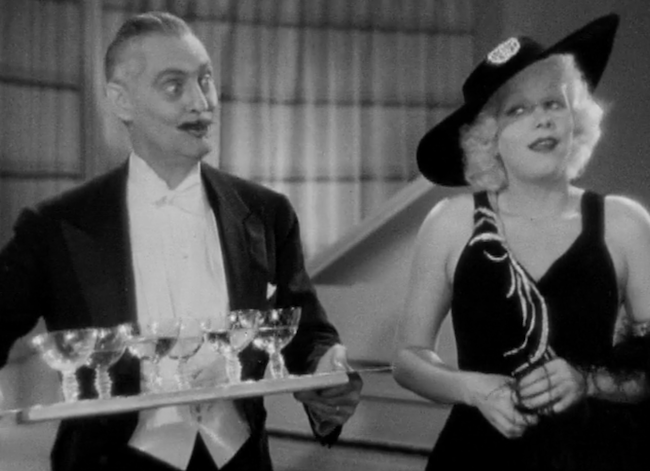
Harlow stars as Edith Chapman, a young woman eager to escape the clutches of the family entertainment/bar business, which is full of men trying to keep her from staying “straight.” Marriage to a millionaire in New York is her plan, and she won’t have sex until she gets her goal, which she brazenly sets about doing. Her very transparent efforts first amuse, then mildly annoy the wealthy self-made businessman, Thomas Paige (Lionel Barrymore)—that is, until her attention turns to his son, Thomas Paige, Jr. (Franchot Tone). Paige Sr. wants Junior to be courted by the upper-crust society he aspires to join, not for his progeny to be dismissed as the target of a silly gold digger. Predictably, Papa Paige is soon plotting against Edith. But she, like the actress who brought her to life, doesn’t take that kind of treatment passively….
Like many of Harlow’s characters, Edith is goofy and blatant and oblivious to any kind of etiquette or class mores. But there’s something about Harlow…you just can’t dismiss her characters. (And you can’t pay attention to anyone else—a Barrymore, Clark Gable, Spencer Tracy, even a Powell/Loy combo—when she’s onscreen.) Her characters usually dress in frilly, showy clothes, and their words and actions are designed for punch lines at their expense. Yet the deep humanity, sincerity, daring, and lovability of Harlow’s heroines make you adore them all the same, root for them even when they don’t deserve it (i.e., Red-Headed Woman).
And Edith deserves fair treatment and compassion. She even manages to make a Franchot Tone playboy character palatable to me. Edith begs Paige, Jr. not to toy with her, confesses that he could make her sacrifice the virtue she’s worked so hard to protect, but pleads that he let her go instead.
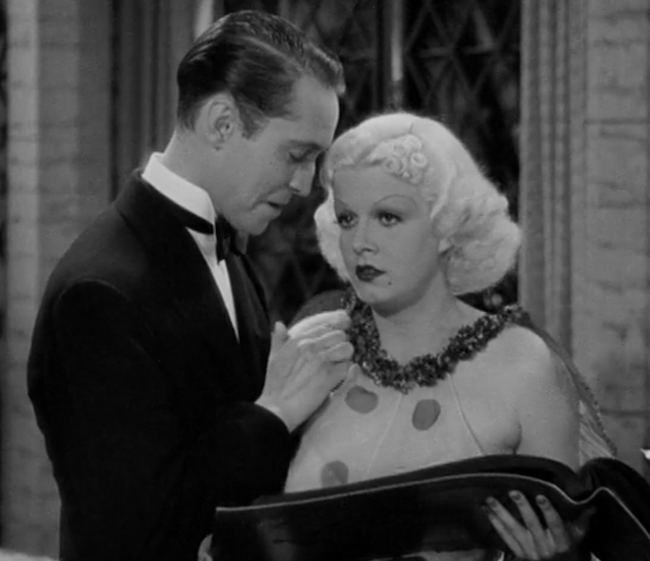
Paige, Jr.’s reversal of expression, his contrite response to her words is really all of us: Don’t take this awesome woman for granted. We won’t have her for very long.
I didn’t expect to catch my breath and feel for a Harlow character’s pain, but The Girl from Missouri caught me offguard, and that made me smile. Wow, Harlow can get to me. I did expect to laugh often as I watched, and of course I did. There are some cute turns by others–Paige Sr.’s teasing, Edith’s sex-obsessed sidekick’s (Patsy Kelly’s) flirtations. But why pay attention to anyone else? Harlow is MARVELOUS—with every preening smile, with every stomp/bustle, with every huff (and huffs there are a-plenty with Harlow), you can’t stop smiling. And you can’t stop thinking, What a joy it is to be in her company. I’ll take every second I can get.
And so I laughed. And expressed a silent thank you for the gifts she’d given me. And that, to me, was the perfect send-off.

